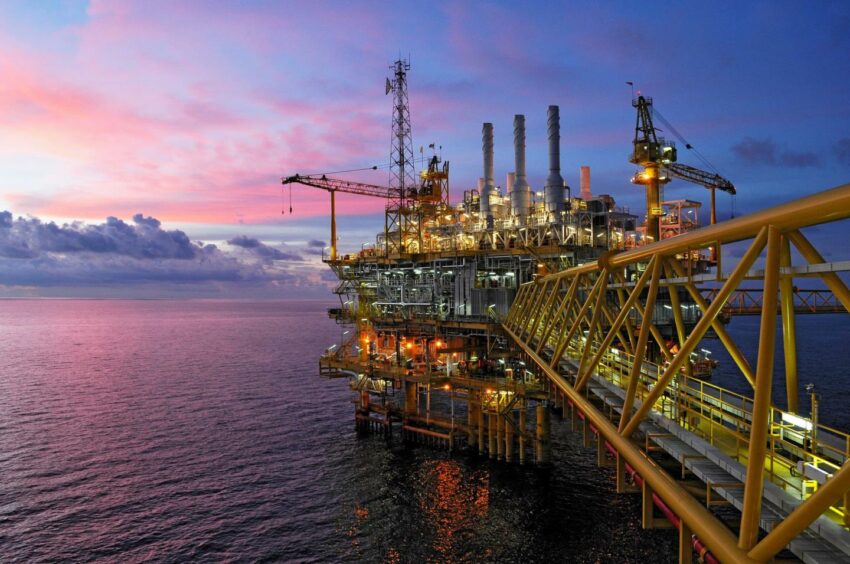
A new North Sea licensing round is on the horizon as Liz Truss tries to turn the UK into a “net energy exporter by 2040”.
The prime minister confirmed plans in the House of Commons on Thursday to issue fresh oil and gas permits, and she predicts more than 100 licenses will be awarded.
And the new round could open as soon as next month, according to Jacob-Rees Mogg, the UK’s new business secretary.
“We are gully committed to green growth, and the green industrial revolution, and to net zero by 2050. But to get there we’re going to need oil and gas, so we’re going to have a new licensing round, hoping to launch it in October,” he said.
We must fix our broken energy system by boosting domestic supply.https://t.co/qqqKFE3Smj pic.twitter.com/cYKAL7WI7q
— Jacob Rees-Mogg (@Jacob_Rees_Mogg) September 8, 2022
There are reports that the total number of permits handed out may be in the region of 130.
Ms Truss once again flat batted calls to widen the current windfall tax on the profits of North Sea companies, arguing it would discourage the “very investment we need”.
On green energy, she pledged to “speed up our deployment of all clean and renewable technologies”, such as hydrogen, solar, carbon capture and storage and wind.
However, Ms Truss confirmed a “temporary suspension” of the green levy paid by consumers.
A cap on bills
The prime minister laid out her strategy for scaling up energy sources alongside plans to cap bills at £2,500 a year from October.
She said: “This government is moving immediately to introduce a new energy price guarantee that will give people certainty on energy bills, curb inflation and boost growth.
“This guarantee, which includes a temporary suspension of green levies, means that from the 1st of October, a typical household will play no more than £2,500 per year, for each of the next two years as we get the energy market back on track.
“This will save a typical household £1,000 a year, and it comes in addition to the £400 energy bill support scheme.”
North Sea licensing
As part of her plans to get the energy market “back on track”, Ms Truss announced plans to grow North Sea oil and gas production.
Work is also ongoing to sign new longstanding energy contracts to reduce the impact of the cap on bills on government coffers, she revealed.
Ms Truss said: “The way the way we are going to defray the cost of this intervention is first of all by ramping up supply.
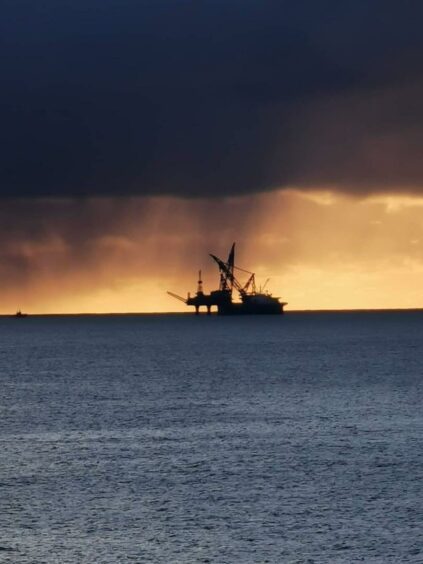
“Following on from a successful vaccine taskforce we have created a new energy supply task force. They already negotiating new long-term energy contracts with domestic and international gas suppliers to immediately bring down the cost of intervention.
“We are also accelerating all sources of domestic energy, including North Sea oil and gas production. We will be launching a new licensing round, which we expect to lead to over 100 new licenses being awarded.”
Windfall tax ruled out again
As it did during prime ministers questions yesterday, arguments over who will pick up the tab for the government’s intervention came to ahead.
Ms Truss once again ruled out a further windfall tax on the profits of North Sea oil and gas firms.
A levy was introduced earlier this year after the likes of BP and Shell reported huge profits, the result of a spike in commodity prices following Russia’s invasion of Ukraine.
Calls have been made for the current windfall tax to be increased in order to raise revenue that could go to struggling households, something Ms Truss has repeatedly rejected.
She said: “The Chancellor of the Exchequer will set out the expected costs (of the bills cap) as part of his fiscal statement later this month.
“And I can tell the house today that we will not be giving in to the Leader of the Opposition’s calls for this to be funded through a windfall tax that would undermine the national interest by discouraging the very investment we need.”
Bill will be picked up by ‘working people’
In response, Labour leader Keir Starmer accused her of siding with Big Oil over working people, while also taking aim at BP.
He said: “The head of BP has called this crisis a cash machine for his company, and households are on the other end of that cash machine, their bills funding these eye watering profits.
“That’s why we’ve been calling for a windfall tax since January and here’s why we want to see the windfall tax expanded now.
“But the Prime Minister is opposed to windfall taxes. She wants to leave these vast profits on the table with one clear and obvious consequence – the bill will be picked up by working people.”
Windfall tax has no bearing on investment
He also criticised claims that increasing the levy on oil and gas companies would deter future investment in the North Sea or drive firms overseas.
Mr Starmer said: “These vast private profits are not the reward of careful planning. They are the unexpected windfall from Putin’s barbarity in Ukraine. There’s no reason why taxing them would affect investment in the future.
“Don’t just take my word for it. Asked which investments BP would cancel if there was a windfall tax, the chief executive said none.
“So the Prime Minister’s only argument against the windfall tax falls apart at first inspection, laying bare but she’s simply driven by dogma, and it’s working people that will pay for that dogma.”
‘Good news’ for the north-east
In response to Ms Truss’ statement, Aberdeen and Grampian Chamber of Commerce (AGCC) praised her getting behind the UK’s energy sector.
AGCC chief executive Russel Borthwick said: “The commitment to return the UK to being a net exporter of energy is good news for our region. After a ten-month campaign by this Chamber calling for a more pragmatic approach to energy, firms can now invest in transition with the certainty that their efforts will not be undermined by confidence-sapping windfall taxes.
“And we hope to see action to match the government’s rhetoric on accelerating deployment of low carbon technologies. That must include moving the Scottish CCUS Cluster to Track 1, leveraging more investment and regulatory pace into offshore wind and hydrogen and ensuring the North-east of Scotland is granted the Green Freeport status that will power the region towards being Europe’s net zero capital.”
Recommended for you


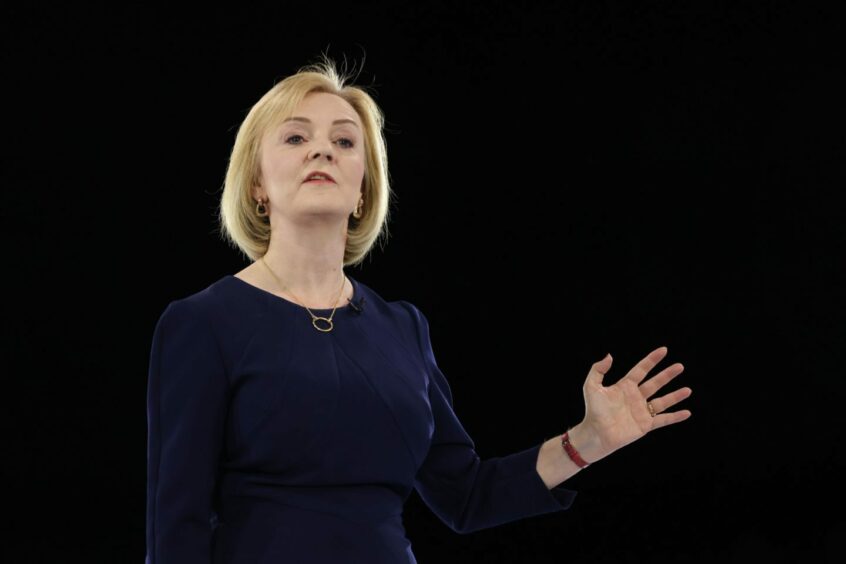 © Bloomberg
© Bloomberg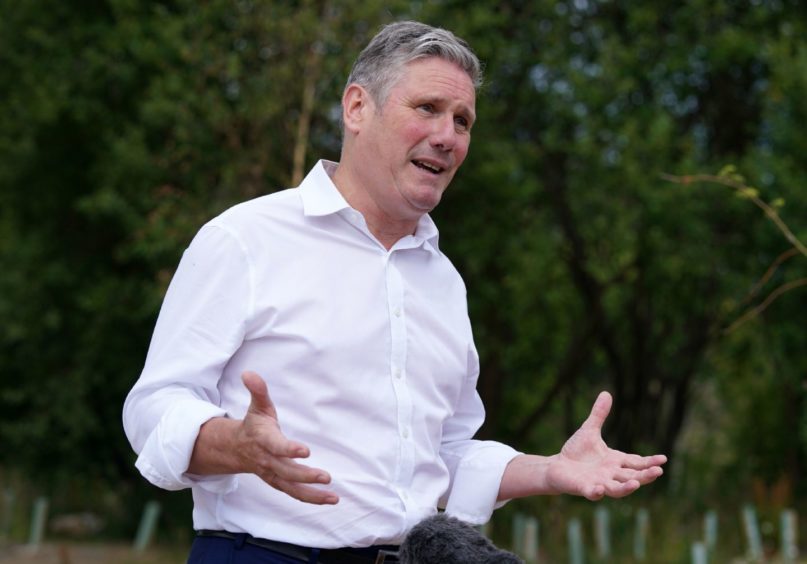 © PA
© PA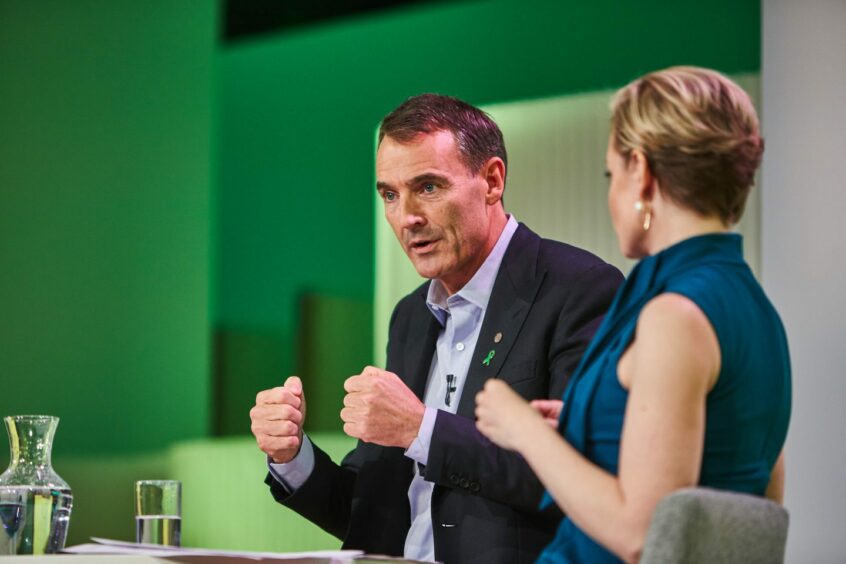 © Supplied by BP
© Supplied by BP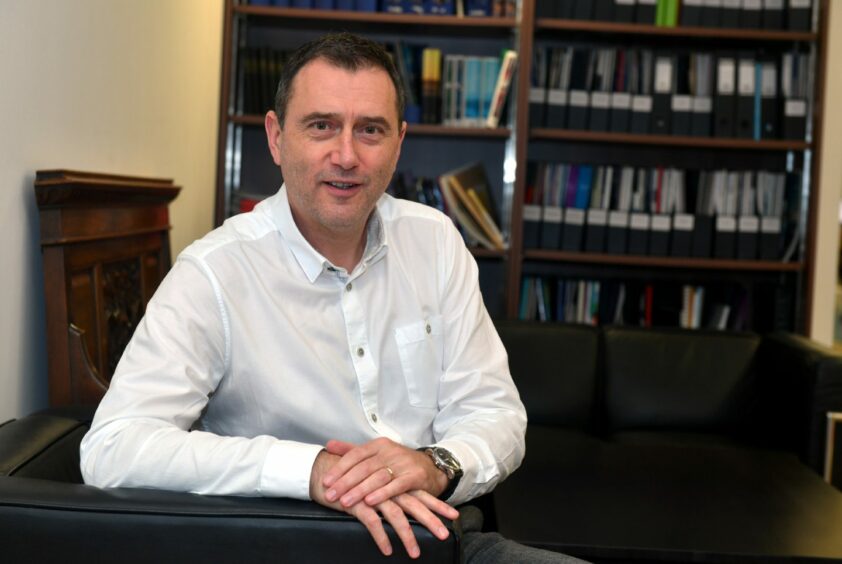 © Chris Sumner/DCT Media
© Chris Sumner/DCT Media